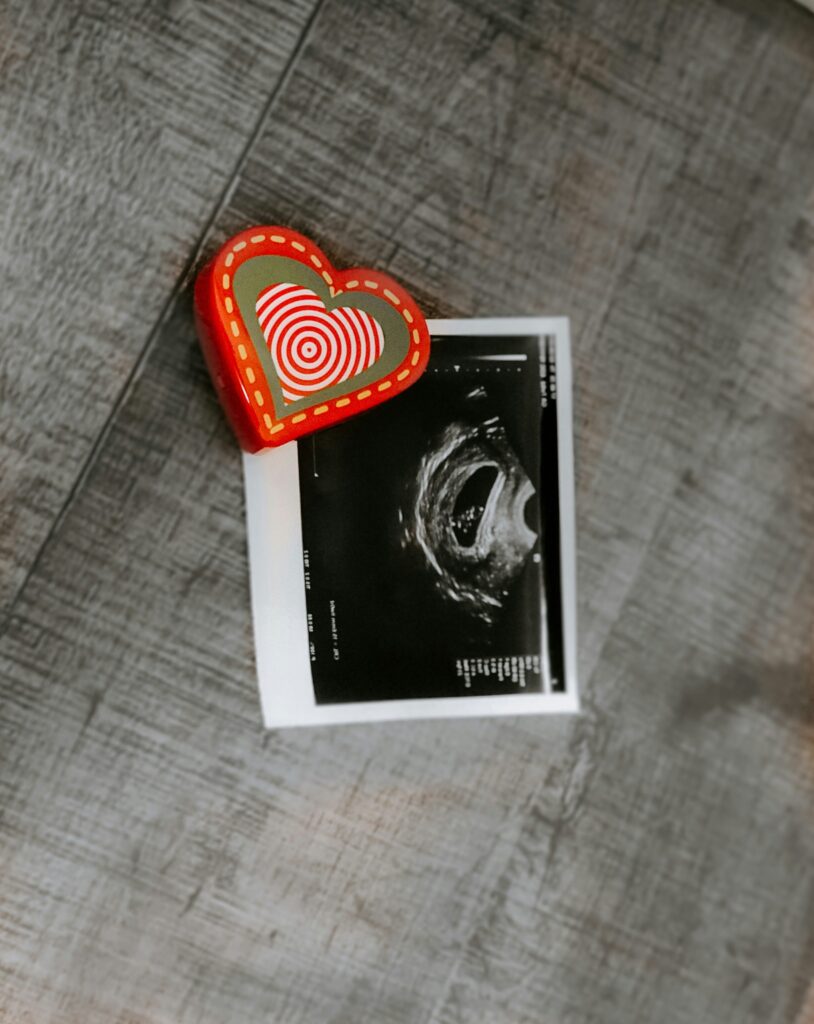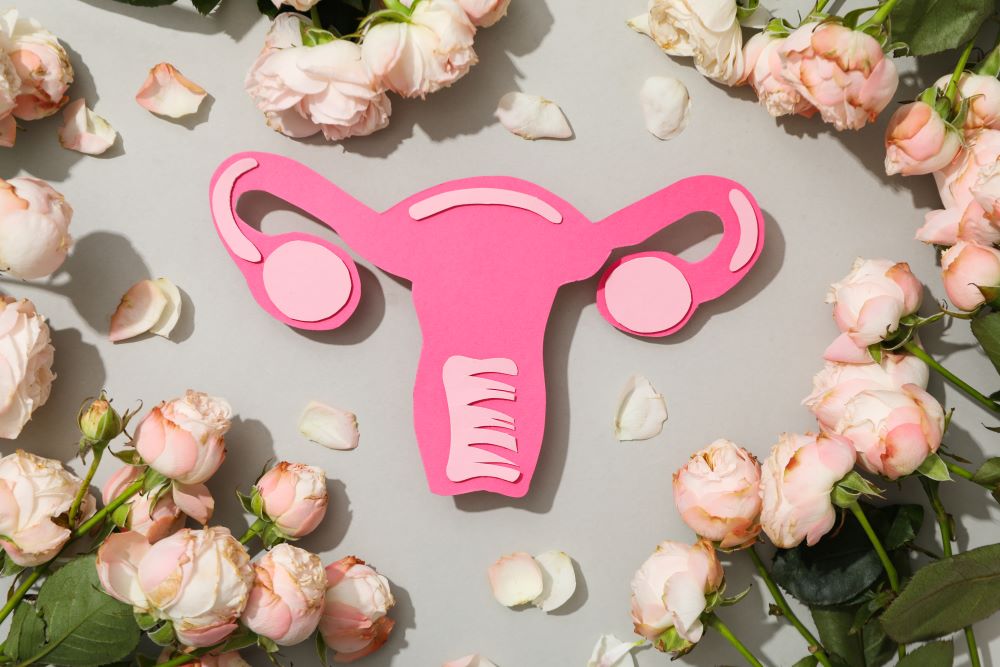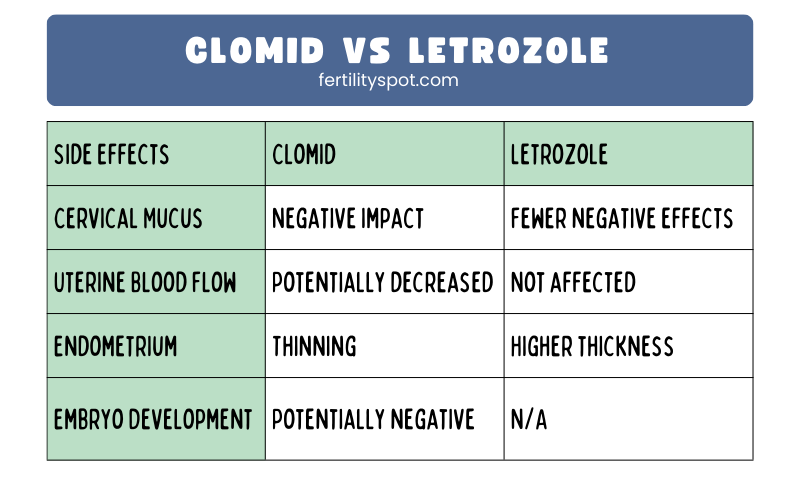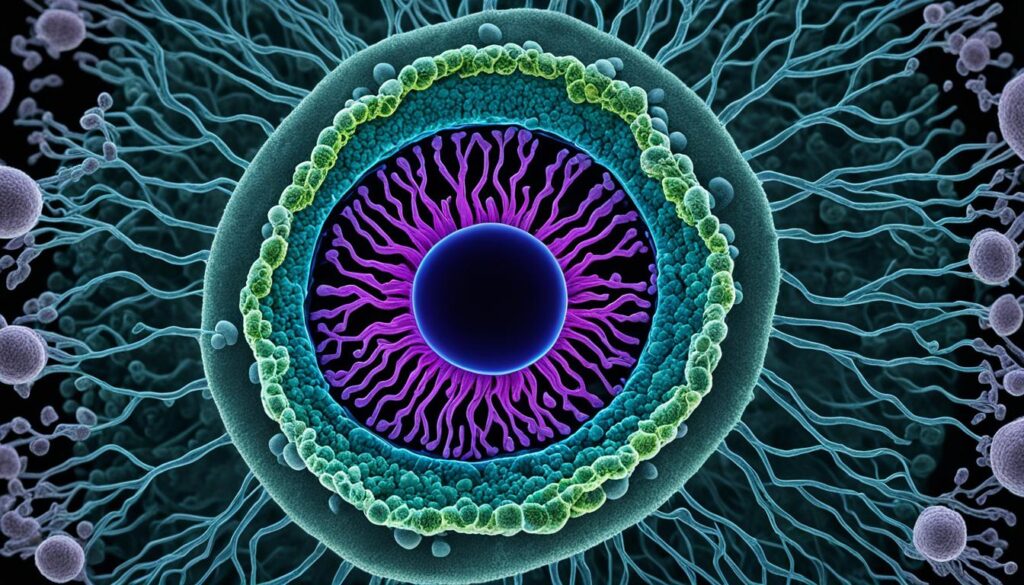PCOS & Your Fertility: Everything You Need to Know

Alright, let’s chat about PCOS and what it means if you’re trying to start a family. Polycystic ovary syndrome (PCOS) is a hormonal disorder common among women of reproductive age, characterized by an imbalance in hormones. This imbalance often leads to symptoms like irregular menstrual cycles, increased levels of male hormones, and sometimes the development of small cysts on the ovaries. PCOS can make the fertility journey a bit trickier.
You know how most of us grew up dreaming about having our own families one day? As kids, we’d bug our moms with questions about pregnancy and babies, never thinking that getting pregnant might be tough. We just figured, hey, if you want to be a mom, it’ll happen, right?

But here’s a reality check: even grown-ups planning their weddings might not realize that getting pregnant isn’t always a walk in the park. In fact, 1 in 8 couples struggle with infertility. And if you’re dealing with super irregular periods, extra hair where you don’t want it, hair loss where you do, acne, or weight issues, you might start suspecting something’s up. That something could be PCOS.
So, what’s PCOS all about? It’s when your body’s hormones are all over the place because you’re making too many androgens, which people often think of as ‘guy hormones’. But hey, we all have them. In women, they usually turn into estrogen, but if you’ve got PCOS, that doesn’t happen right, leading to all sorts of issues like irregular ovulation, acne, hair problems, and weight gain. It’s a pretty common reason why some women struggle to get pregnant.
Figuring out if you have PCOS isn’t super straightforward, though. There’s no one test that says, “Yep, you’ve got it.” It’s more about looking at your symptoms.
PCOS can hit everyone differently. Some women might just have a few mild symptoms, like a bit of hair thinning or some acne. Others have it rougher, with hardly any periods and all the other symptoms in full force.
Besides the main stuff, PCOS can also bring along ovarian cysts, pelvic pain, headaches, mood swings, sleep issues, and tiredness. It can even mess with your insulin, which is why women with PCOS are often on high alert for type 2 diabetes. And all these things can make having a baby even harder.
But can you still get pregnant with PCOS? Absolutely! It might be a bit harder, especially if your symptoms are severe, but it’s definitely possible. You might need to make some lifestyle changes or get a bit of help from fertility treatments, but many women with PCOS go on to have healthy pregnancies.
So, what can you do to boost your chances? First things first, aim for a healthy weight. This helps balance your hormones and lowers the risk of pregnancy complications. Meeting up with a dietician can help, even if you’re not overweight. They’ll guide you on a fertility-friendly diet packed with stuff like folate, B vitamins, vitamin C, beta carotene, essential fatty acids, and antioxidants. All this good stuff helps balance your hormones and nourish your body.
Also, getting moving helps a ton. A brisk 30-minute walk each day is a great start. And don’t forget about stress-busting activities like yoga and meditation. Keeping stress low is super important because it can mess with your insulin levels.
So there you have it. PCOS might make things a bit tricky, but with some know-how and lifestyle tweaks, you’ve still got a good shot at starting that family you’ve always dreamed of.






Responses